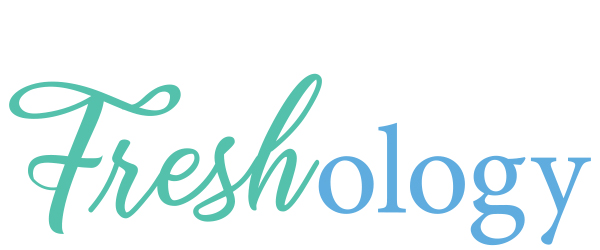True Lies: 8 Label Claims that Trick Us into Buying Unhealthy Foods
Jun 10, 2010
As the grand brand guru at eBrandAid.com, Kerry McLeod makes it her business to prevent food and drink makers from giving consumers the business!
Kerry knows that all food products show nutrition information but it sometimes takes a science degree to decipher what the numbers mean to your diet.
But what really crumbles Kerry's cookies are the label claims that compel us to make impulse buys. You've seen the bold, colorful words that sound so enticing: Natural! Fortified! Reduced Fat!
These foods can't be bad for us can they? Um... YES!
Sure, manufacturers aren't actually lying. But they are using words to mislead us.
Kerry, author of the The Last Diet Book Standing, has seen it all.
"Don't believe the label," she advises.
"Manufacturers can basically lie and make you believe the product is good for you even though it's really bad."
Don't Fall for These 8 Label Tricks
Made with wheat... rye...or multi-grains
This implies the food is a good source of whole grains. Food makers are not required by law to say how much "whole grain" is in the food. Look for the word WHOLE before grain on the ingredients list.
Lite or light
There is no clear concept of what "lite" or "light" is supposed to mean. Don't be fooled into thinking that it means the food you picked up and put in your cart is any lighter in fat or calories. The lite variety of one brand of potato chips might have the same calories and fat as the standard version of another brand. Maddening... yes!
Low-fat/fat-free
According to Wikipedia.com, "In the U.S. a product labeled low fat must not contain more than 3 grams of fat per serving; and to be labeled fat free it must contain less than 0.5 grams of fat per serving." BUT, just because the fat levels have been skimmed doesn't mean the food is healthy. Many food makers will pump up the sugars to compensate for that loss of fat.
Natural... made from natural... pure...
This sounds great BUT simply means the manufacturer started with a natural source of food. Once processed, the food you buy may not resemble anything natural or pure.
Organically grown... organic... pesticide-free
This says little about the nutritional value or safety of the food. Put your trust in labels that proclaim "certified organically grown."
No artificial preservatives
The word artificial is key here. The food could include other natural preservatives like sodium. And, as you should know by now, less is best when it comes to salt.
Fruit drink
Please don't get tripped up by this one. Fruit drinks are not fruit juice -- they may contain little or no fruit juice. But fruit drinks are often packed with loads of extra sugar. Look for brands that say "100% fruit juice."
Sugar-free/no added sugar
Nice try labelmakers. Products that resort to using these terms can contain sugar alcohols that can slap you with just as many calories as table sugar. And note that those foods and drinks that proclaim "No sugar added!" may have been sweet to begin with.
About Kerry McLeod
Kerry McLeod, PSHFC (Practitioner in the Science of Healthy Food Choices), is BrandAid's chief Brand Doctor. Kerry became a professional label reader and expert brand selector years ago, after making the major transformation from chocolate-chomping, junk-food junkie to author, Sports Nutrition Certified Instructor, wife, and mother. For more information, check out www.ebrandaid.com









